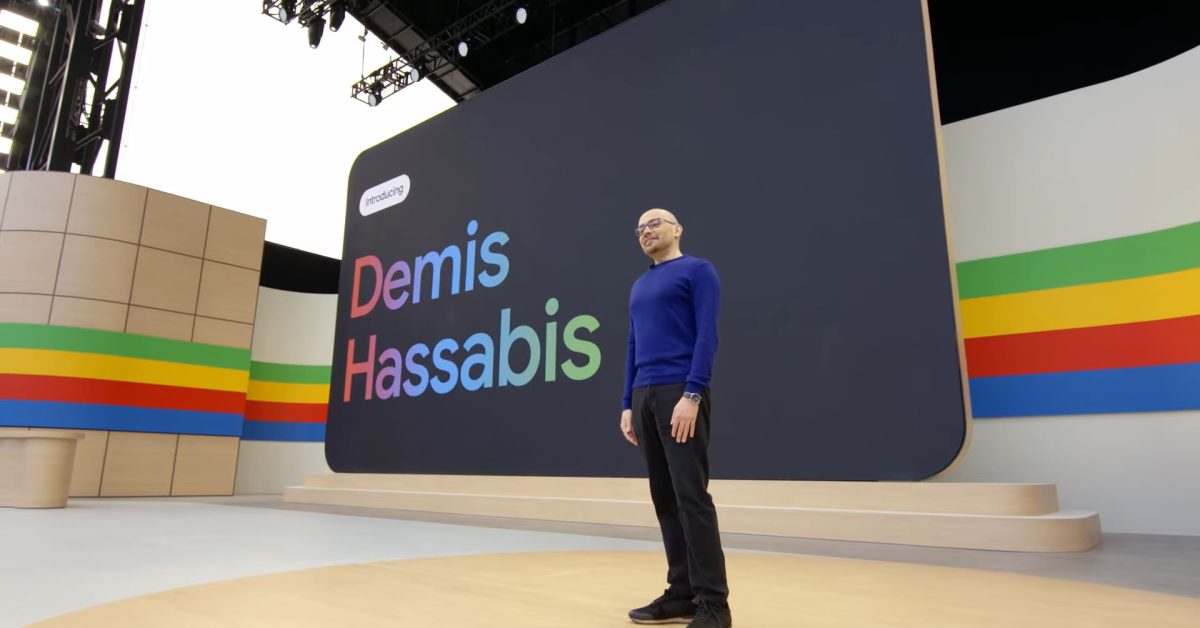Exploring the Future of Gemini, AGI, and Self-Awareness with Google DeepMind

Insights from Demis Hassabis on AI and the Future of Google DeepMind
Recent Interview Highlights
In a recent interview with 60 Minutes, Demis Hassabis, the CEO of Google DeepMind, shared updates regarding the future of artificial intelligence (AI) and the advancements of their AI model, Gemini. The conversation focused on the next steps for AI and included a demonstration of an app called Project Astra, currently available to a select group of testers.
Understanding Project Astra
Project Astra enhances user interactions by personalizing responses. For instance, during the interview, Astra greeted the interviewer, Scott, by name, establishing a more human-like connection. This level of interactivity is not yet present in Gemini Live, which stores relevant details from past conversations, enabling better continuity and personalization. Astra also includes a "10-minute memory" feature to retain information from ongoing discussions. Such capabilities are expected to be integrated into Gemini Live in the near future.
Advancements in AI Functionality
Hassabis revealed that Google DeepMind aims to develop Gemini beyond mere information retrieval. The vision includes functionality that allows AI systems to take action on behalf of users, such as booking travel or making online purchases. This concept aligns with Project Mariner, an initiative that was mentioned by Sundar Pichai and is anticipated to launch this year.
The Future of Artificial General Intelligence (AGI)
Hassabis expressed his belief that artificial general intelligence (AGI) is within reach, forecasting its arrival in 5 to 10 years. When asked about what AGI might look like by 2030, he envisioned a system capable of understanding the environment in intricate and meaningful ways, integrating seamlessly into daily life.
Addressing Self-Awareness in AI
During the interview, the topic of self-aware AI systems arose. Hassabis clarified that, at present, no existing AI shows true self-awareness or consciousness. He emphasized the need for users to form their own judgments based on their interactions with AI. While he acknowledged that self-awareness could be theoretically possible in the future, he stated that it is not an explicit goal for their AI systems.
Hassabis explained that while machines may act and respond similarly to humans, their consciousness may fundamentally differ due to their silicon-based nature. This recognition of differences in substrate brings into question the notion of shared consciousness between humans and AI.
The Role of Consciousness in AI Development
Hassabis offered insights into the characteristics that make humans perceive other beings as conscious. He noted two factors: the outward behaviors that resemble conscious actions and the reliance on the same physical makeup—carbon-based matter in humans versus silicon in machines. Even if AI mimics human behavior, it does not guarantee that its experience of consciousness is similar to that of a human being.
Demonstrating Project Astra
A brief demonstration of Project Astra showcased its functionality on smart glasses, indicating the potential for advanced user interaction. This setup could revolutionize how users engage with technology, making communication more intuitive and personalized.
Through this inclusive and forward-looking approach, Google DeepMind continues to push the boundaries of AI technology, focusing on creating systems that may one day effortlessly integrate into everyday life while enriching user experiences.






